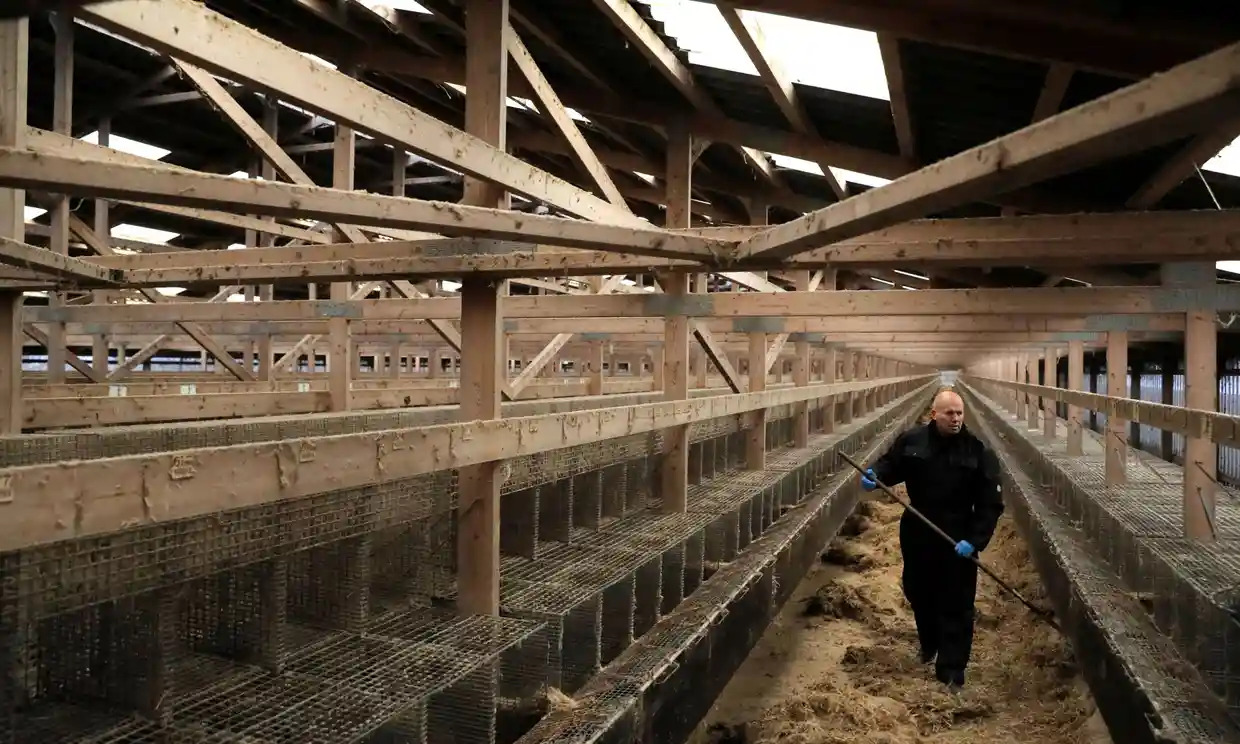
Cholera Outbreak in Sudan: Displaced People Bear the Brunt
A cholera outbreak has spread in large parts of El Gedaref, Sudan, with six reported deaths and nearly 400 infected cases, mostly among displaced people. The situation is dire, with the health system struggling to cope with the influx of patients.
The outbreak is concentrated in shelter centers for displaced people in El Fao, where the hospital has recorded a high number of cases. Médecins Sans Frontières (MSF) has taken over the isolation center at El Fao Hospital to treat patients.
Volunteers have described the health situation in El Gedaref as "horribly deteriorating" due to the spread of cholera, which had been nearly eradicated in the area. The influx of people fleeing from eastern El Gezira to El Gedaref has led to overcrowding in shelter camps, making it difficult to control the spread of the disease.
The displaced people are living in dire conditions, with many staying in the streets and under trees. The situation has forced some to consider returning to their villages in Sennar and El Dinder, despite the dangers of being assaulted by the Rapid Support Forces (RSF).
Medics have warned that the spread of highly contagious epidemics will continue with every wave of displacement, making it difficult to control the outbreak. The health authorities are not prepared to receive the large numbers of displaced persons and do not have a plan to combat epidemics and limit their spread.
Vaccination efforts are underway, with cholera vaccination campaigns continuing in Ed Duweim and El Geteina localities in White Nile state, as well as in El Fao in El Gedaref and El Managil in El Gezira.
In Khartoum North, the Emergency Room has reported the spread of cholera, malaria, and malnutrition, as well as the emergence of new cases of diabetes, high blood pressure, and tuberculosis. The lack of clean water and malnutrition are exacerbating the health situation in the city.
Cholera is a highly infectious disease that can cause severe acute watery diarrhea and dehydration, leading to death if left untreated. It is a global threat to public health and an indicator of inequity and lack of social development.







